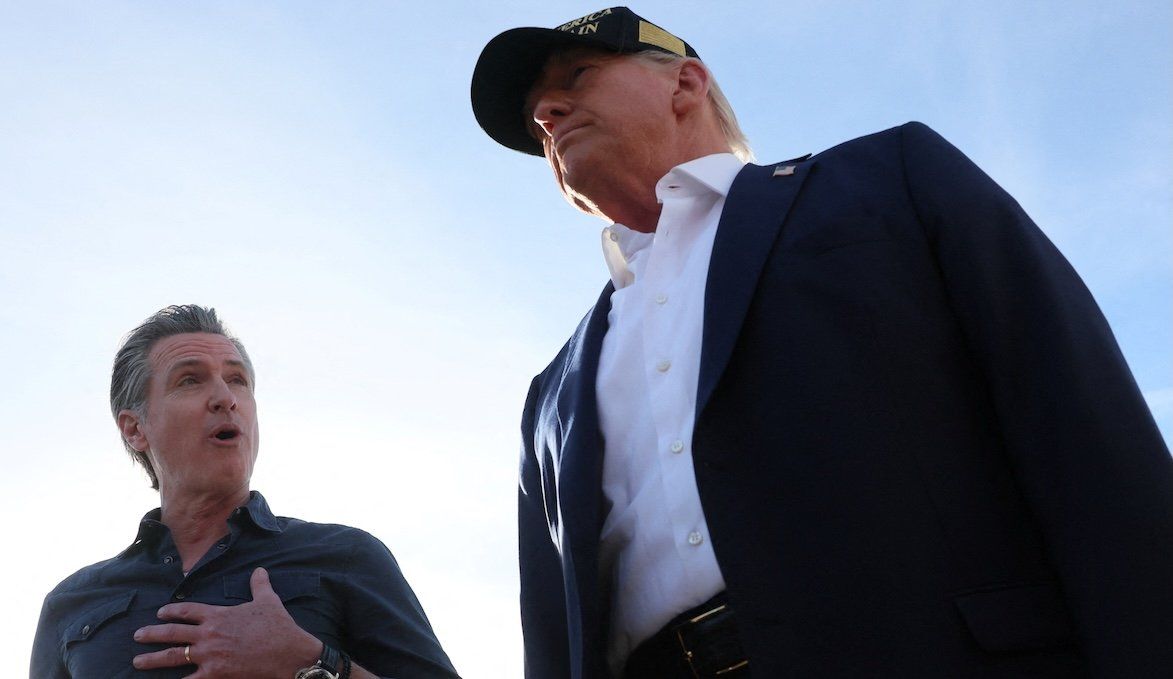40 billion: California Gov. Gavin Newsom has asked Congress to approve nearly$40 billion in aid to help the Los Angeles area recover from January’s wildfires. Total economic losses from the firestorm have been estimated above $250 billion.
1: A Kenyan police officer was killed on Sunday in Haiti, north of Port-au-Prince. This is thefirst casualty since the Kenyan-led security mission arrived on a mission to stabilize Haiti in June 2024.
25: Been wondering what happened to Donald Trump’s threat to impose huge tariffs on Canada? Well, the US president said Monday the plan for 25% tariffs on most Canadian goods is still very much alive and will start next week. Trump said work on their implementation was “moving along very rapidly.”
500 billion: Apple said Monday it willinvest $500 billion to expand its US facilities over the next four years, a move the company says will create 20,000 jobs. Earlier this month, President Donald Trump announced tariffs of 10% on all imports from China, from which Apple imports many products. Trump attributed the investment to his tariffs.
7,000: Judith Suminwa, prime minister of the Democratic Republic of Congo, told a meeting of the Human Rights Council in Geneva on Monday that about7,000 people have died since January in fighting in the eastern part of the country. That figure includes both combatants and civilians.
15: Applications by Britons for Irish citizenship hit a post-Brexit high last year as a growing number of workers and pensioners tried to gain “backdoor” access into the EU. British applications to the Foreign Births Register, a citizenship route for people with Irish grandparents or parents,jumped 15% in 2024 to 23,456.
